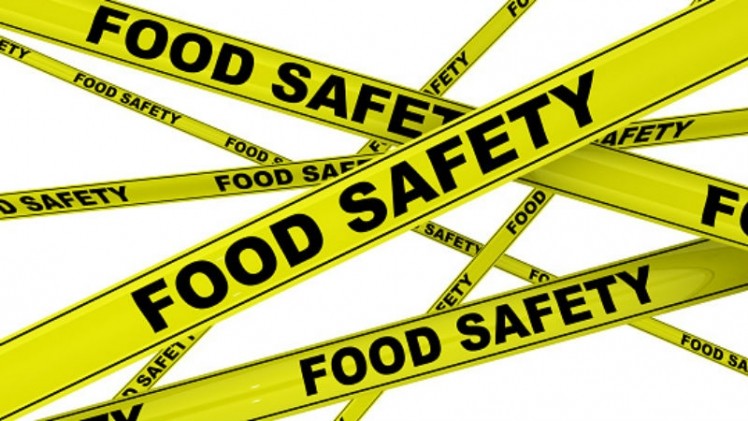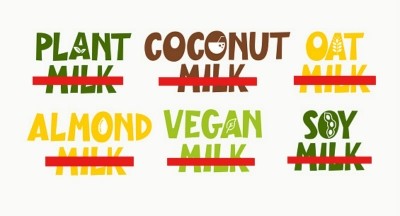Safety First: Philippines alcohol poisoning, Aussie allergen alert, India food labelling and more feature in our round-up

Methanol-spiked coconut liquor causes mass poisoning in Philippines
Distilled coconut liquor spiked with methanol in the Philippines was responsible for 11 deaths and caused illness in 300 more, reported national newspaper Phil Star.
The drink, known locally as Lambanog, is a traditional Filipino distilled coconut liquor and has an alcohol content between 40 to 45% abv. The levels of methanol in the samples were found to range between 11.4% to 18.2%, according to the country’s Food and Drug Administration (FDA).
According to the Health Secretary Francisco T. Duque III, methanol is a naturally occurring by-product during the distilling process of alcoholic beverages and is present in low amounts, however it should be removed after fermentation.
Allergy alert: Asia-imported bakery products contain highest number of undeclared allergens in Australia
Asian bakery product imports have been found to contain the highest number of undeclared allergens compared to other food and beverage products sold from the region, according to a new study.
The study was conducted using packaged food samples collected from Asian retail grocery stores across Melbourne, Australia. Based on the Food Standards Australia New Zealand (FSANZ) food recall guidance list, these were categorised into ‘Mixed and/or Processed Foods’, ‘Bread and Bakery’, ‘Confectionery’ and ‘Non-Alcoholic Beverages.
The researchers performed analysis to detect the presence of the undeclared gluten, milk, peanut and egg allergens, and found that 46% (23/50) of the analysed food products contained undeclared allergens, with 18% containing multiple types of allergens in them.
“The highest number of allergens was detected in the ‘Bread and Bakery’ category with 26 allergens across 14 products,” study lead author Professor Andreas Lopata, head of the James Cook University Molecular Allergy Research Laboratory, told FoodNavigator-Asia.
Responsible food labelling in India: Lack of awareness causing smaller F&B firms to miss the mark
Many big F&B brands in India have been making the shift towards the responsible labelling of products, but this is still lacking in smaller local companies – a situation that might be helped by implementing better and stricter labels and regulations, according to researchers.
According to experts from the National Institute of Nutrition (NIN), Hyderabad, the general trend in India is that brands are moving toward this direction, but a lack of awareness is hindering progress for smaller firms.
“From our personal observations, we can conclude that many big brands are now shifting towards responsible labelling,” NIN Health Communication and food labelling researchers Dr G.M. SubbaRao and Richa Pande told FoodNavigator-Asia.
“Claims are quoted very carefully on the labels, as well as food advertisements – but this is for big brands only. [For smaller brands], we can safely say that the labels of some food brands are not in sync with the labelling norms.
“The reason here could be lack of awareness amongst the small food manufacturers.”
Anti-social behavior: Malaysia vows to block misleading social media promotion after banana milk row
The Malaysian Ministry of Health (MOH) has insisted it will work with social media sites to block all food advertisements that make unvalidated nutritional or health claims, which are in direct violation of the country’s food act.
According to a formal MOH statement, this applies to the Food Act 1983, which forbids content and statements that could ‘mislead consumers’ including health claims that a product can prevent, reduce, treat or cure any disease. Failure to comply would lead a penalty of not more than RM10,000 (US$2,405) in fines or not more than two years in jail.
“MOH is formally warning all retailers or agents of food products [in violation of the act] to halt all advertising and broadcasting on social media. All consumers are also advised to be wary and not be misled by such ads,” said MOG Director-General Datuk Dr Noor Hisham Abdullah.
Safety Spotlight: The top 10 APAC food safety and security stories of 2019
In this year-end round up of the top 10 stories relating to food safety and security this year, we recap food safety and security crises in Indian dairy and oil, a potential cancer-causing food additive, New Zealand food security and more.






















